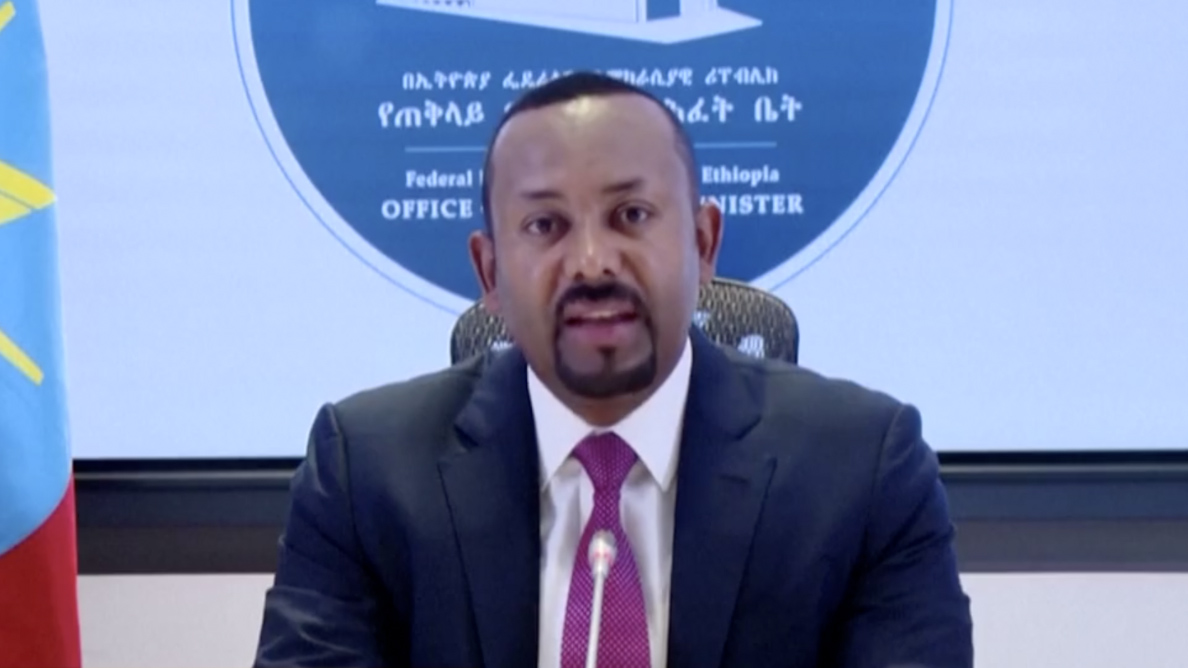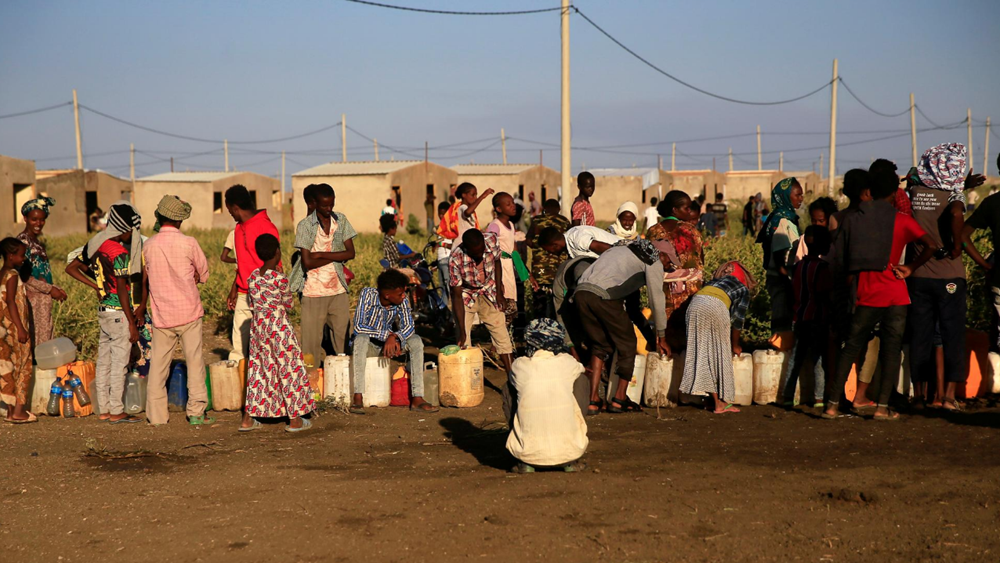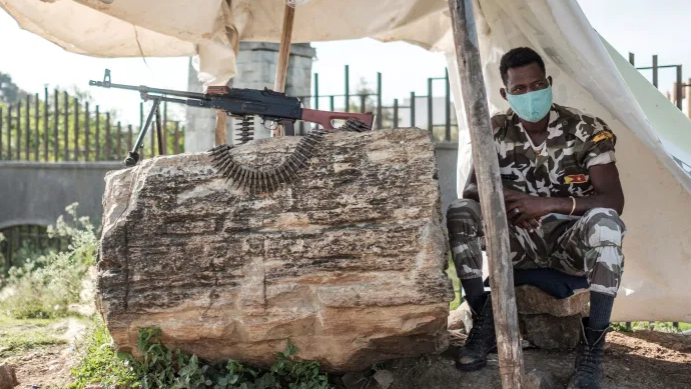Prime Minister Abiy Ahmed on Thursday ordered Ethiopia's army to launch a final offensive against Tigray's leaders in their regional capital Mekele, saying the window for their surrender had expired.
"The Ethiopian National Defence Forces have now been directed to conclude the third and final phase of our rule of law operations," Abiy said in a statement on Twitter.
"In this final phase, great care will be given to protect innocent civilians from harm. All efforts will be made to ensure that the city of Mekele, which was built through the hard work of our people, will not be severely damaged."
Rights groups have warned that attacking the city could violate international law. Abiy called on Mekele's half a million inhabitants to "stay at home and stay away from military targets, and take all necessary precautions," and urged them to hand over the Tigray People's Liberation Front (TPLF) forces in their midst.
"We would like to assure you that our National Defence Forces have carefully devised a strategy to bring the TPLF criminal clique to justice, without harming innocent civilians, heritage sites, places of worship, development institutions and property," he said.
00:48

African envoys went to Ethiopia to plead for peace on Wednesday, hours before an ultimatum was to expire for Tigrayan forces to surrender or face an assault on the northern region's capital.
Abiy's government set a 72-hour ultimatum on Sunday for the TPLF to lay down its arms or face an assault on Mekelle, the highland region's capital city of 500,000 people.
Three African Union (AU) envoys – ex-presidents Joaquim Chissano of Mozambique, Ellen Johnson Sirleaf of Liberia and Kgalema Motlanthe of South Africa – were due in Ethiopia's capital on Wednesday for meetings, diplomatic sources said.
AU Chairman and President of South Africa Cyril Ramaphosa was quoted by Bloomberg as saying that the envoys aim at creating a dialogue and an end to fighting that has cost many lives and extensive displacement of people.
Abiy, who won last year's Nobel Peace Prize for ending a two-decade standoff with Eritrea, has said he will receive them but not talk with TPLF heads until they are defeated or give up.

Ethiopian refugees fleeing from the ongoing fighting in Tigray region, queue for water, at the Fashaga camp, on the Sudan-Ethiopia border, in Kassala state, Sudan, November 24, 2020. /Reuters
Ethiopian refugees fleeing from the ongoing fighting in Tigray region, queue for water, at the Fashaga camp, on the Sudan-Ethiopia border, in Kassala state, Sudan, November 24, 2020. /Reuters
International organizations including the United Nations showed their concern that the ongoing conflicts put more civilians in danger.
Thousands of people are already believed to have died and there has been widespread destruction from aerial bombardment and ground fighting since the war began on November 4. Around 42,000 refugees have fled over the border to Sudan.
So far, both sides have described battlefield victories in which they have killed large numbers of enemy fighters.
The conflict pits Ethiopia's central government against the TPLF, which dominated the country for decades until Abiy took power two years ago. Ethiopia is a federation of 10 regions run by separate ethnic groups. Tigrayans make up around five percent of the population but had outsized influence as the most powerful force in a multi-ethnic ruling coalition from 1991-2018.

Ethiopia mobilized for war in the northern Tigray region. /AFP
Ethiopia mobilized for war in the northern Tigray region. /AFP
Abiy: Tigray fighting an internal law enforcement
Presumptive U.S. president-elect Joe Biden's appointee as national security adviser, Jake Sullivan, urged dialogue. "I'm deeply concerned about the risk of violence against civilians, including potential war crimes, in the fighting around Mekelle in Ethiopia," he tweeted.
Abiy repeated his position on Wednesday that the Tigray fighting was an internal law enforcement matter.
"Because the Ethiopian government has painted this as a domestic, criminal situation, they are shunning the type of diplomacy and international mediation efforts that they are typically a part of themselves in offering to regional states," said Grant Harris, ex-senior director for African affairs at the National Security Council in Barack Obama's U.S. administration.
Read more: Ethiopian leader rejects international 'interference' in war
(With input from agencies)

